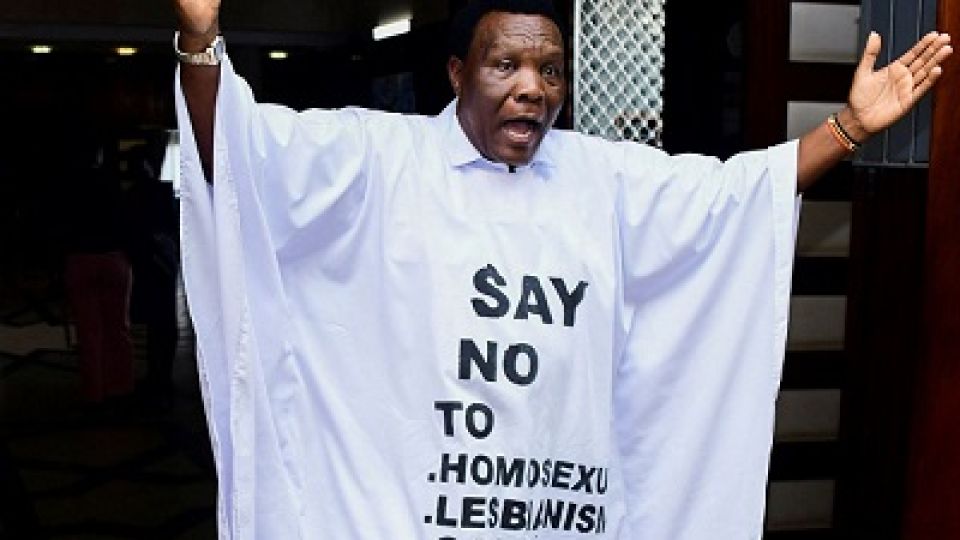from HASSAN ONYANGO in Kampala, Uganda
Uganda Bureau
KAMPALA, (CAJ News) – THE withdrawal of public financing to Uganda by the World Bank is the latest twist in the long-running fallout between the donor community and the East African country over its tough stance on homosexuality.
It comes as the West is, according to critics, imposing same-sex relationships on the continent, using much-needed aid to coerce the latter to warm up to such liaisons that are banned in most of Africa.
Late Tuesday, the World Bank Group stated Uganda’s Anti-Homosexuality Act fundamentally contradicted the group’s values.
“We believe our vision to eradicate poverty on a livable planet can only succeed if it includes everyone irrespective of race, gender, or sexuality. This law undermines those efforts. Inclusion and non-discrimination sit at the heart of our work around the world.”
The World Bank’s position comes over two months after President Museveni signed the bill criminalizing same sex conduct, including potentially the death penalty for those convicted of “aggravated homosexuality,” into law.
Immediately after the law was enacted, the World Bank deployed a team to Uganda to review its portfolio in the context of the new legislation.
The review determined additional measures and projects to be implemented in alignment with the global financial institution’s environmental and social standards.
The World Bank said its goal was to protect sexual and gender minorities from discrimination and exclusion in the projects it financed, stating it is currently under discussion with the authorities.
“No new public financing to Uganda will be presented to our Board of Executive Directors until the efficacy of the additional measures has been tested,” the Group stated.
It said third-party monitoring and grievance redress mechanisms would significantly increase, allowing the World Bank to take corrective action as necessary.
“The World Bank Group has a longstanding and productive relationship with Uganda; and we remain committed to helping all Ugandans—without exception—escape poverty, access vital services, and improve their lives.”
Adonia Ayebare, the Ambassador and Permanent Representative of Uganda to the United Nations, denounced the decision.
“This is whimsical behaviour by the World Bank towards a member state. The values referred to in taking this draconian decision against Uganda are not universal, they are contested. This makes the case for reform of work methods including the board more urgent and pertinent,” the envoy said.
It is not the first time financial aid has been suspended to Uganda over its stance on lesbian, gay, bisexual, transgender, queer, questioning and intersex (LGBTQI) issues.
In May this year, The Netherlands announced it would reduce its cooperation with the country following the passing of the anti-gay legislation.
In June, the United States imposed visa restrictions on some unnamed Uganda individuals believed to be responsible for, or complicit in, undermining the democratic process, following the enactment of the law.
The year 2014 was among the most edgy between Musevenis’s government and the Western world.
The World Bank suspended a planned US$90 million loan to Uganda, which required the funding meant to strengthen its health care system. The suspension came after Museveni signed into law a bill prescribing jail terms for homosexual offences.
For similar reasons, Denmark, Norway and Sweden withheld or diverted aid.
Homosexuality is untolerated in almost every African nation, including the Arab world.
– CAJ News

